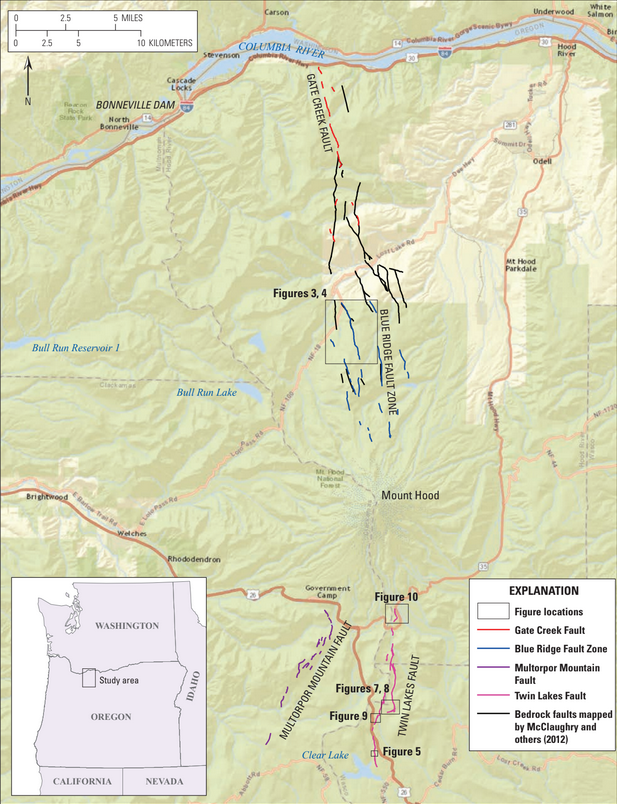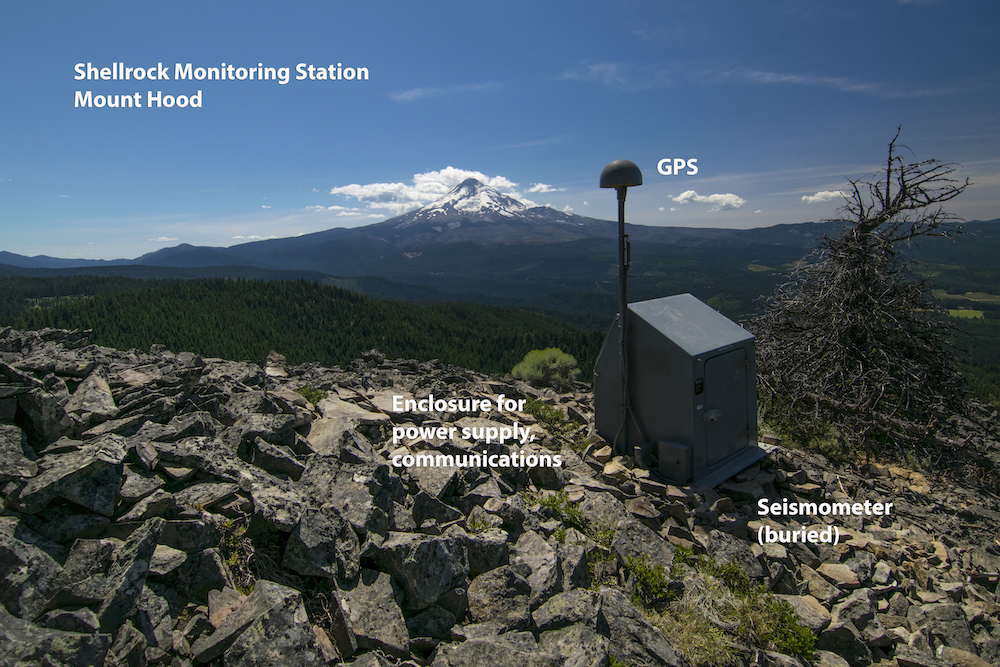Mt. Hood Meadows, Timberline, and Mt. Hood Skibowl have joined forces to support two pieces of Oregon Legislation to fight climate change.
The resorts announced their shared support of Oregon Senate Bill 3791, the Federal Energy Innovation and Carbon Dividend Act, and Oregon House Bill 2020, the Oregon Climate Action Program, with the following statement:
The winter sports recreation industry is uniquely vulnerable to feel the environmental and economic impacts of climate change. Warmer, less predictable winter weather, reduced snow packs, and tinder-dry forests in summer are all well-documented effects of climate change which can lead to uncontrolled wildfires. The leading contributor to climate change is carbon emissions, which generate harmful greenhouse gasses.
The ski areas of Mt. Hood have been leaders in the snow sports industry, and in our community, for early adoption of sustainable business practices and advocacy for public policies that effectively address reduction of carbon emissions.
Two important climate game-changing public policies are now before us. We urge the 116th Congress and the 80th Oregon Legislative Assembly to enact these two packages of climate legislation:
We support S. 3791/H.R. 763, the Federal Energy Innovation and Carbon Dividend Act. This Act stands out with its market-based approach to meeting aggressive emissions reductions targets, while providing Oregonians with a dividend. This legislation is bipartisan, embodying an American ideal of working together to find common solutions that are effective and long-lasting.
We support the basic framework of Oregon House Bill 2020 which creates an Oregon Carbon Policy Office to administer the Oregon Climate Action Program, which would adopt an economy-wide cap and invest system to regulate greenhouse gas emissions in Oregon. We understand that aspects of this bill will change during the legislative process, but let us adopt meaningful climate legislation this session.
We also support efforts by the Federal Government to manage our National Forest system in a manner which reduces forest fuel loading and encourages the economically productive use of fiber resources which, in turn, create rural jobs and reduce the incidence of catastrophic wildfires in Oregon.
Damage caused by carbon-based greenhouse gases are at or near the tipping point. This issue cannot wait any longer for decisive action. Citizens, industry and Federal and State government must put partisanship and personal opinions aside and address this problem now.
Therefore, we would encourage our elected representatives at both the state and federal levels to support the respective climate solutions legislation.
Discord in the Ski Industry
By publicly announcing its concerns about climate change and the future of snow, Mt. Hood’s three leading ski areas join the ranks of industry advocates fighting climate change such as Protect Our Winters, or POW. They also position themselves in opposition to climate-denying ski institutions such as the International Ski Federation, which recently drew headlines for controversial comments denying climate change, criticizing immigrants, and applauding dictators.
On Friday POW published an open letter calling for Kasper’s resignation as head of a leading winter sports organization.
The impacts of global climate change are already being felt in the ski industry. Those impacts are expected to accelerate over time, as glaciers melt, weather turns more unpredictable, forest fires grow more severe, and winter snow seasons grow shorter. The percentage of resorts deemed “snow-reliable” in the Austrian Alps is expected to drop from 85 percent to 44-63 percent in the 21st century. The world’s highest-elevation ski area, Chacaltaya in the Bolivian Andes at 17,785 feet, closed in 2009 after 70 years of operation due to the melting of the glacier that once provided skiable terrain there. Snowpack in the Northern Hemisphere has shrunk by a million square miles during the past 45 years.
Mount Hood ski areas have responded to the threat of climate change with adaptations and innovations. Mt. Hood Skibowl has expanded its non-snow operations such as mountain biking and zip lining while offering an electric vehicle charging station for early adopters. Mt. Hood Meadows saves 285,000 gallons of water with dual flush toilets and no-water urinals, saves electricity with new LEDs and efficiency initiatives, has cut its waste stream significantly through recycling and composting, and has succeeded in shrinking its carbon footprint through an integrated emissions reduction strategy.
Last modified: February 22, 2019



